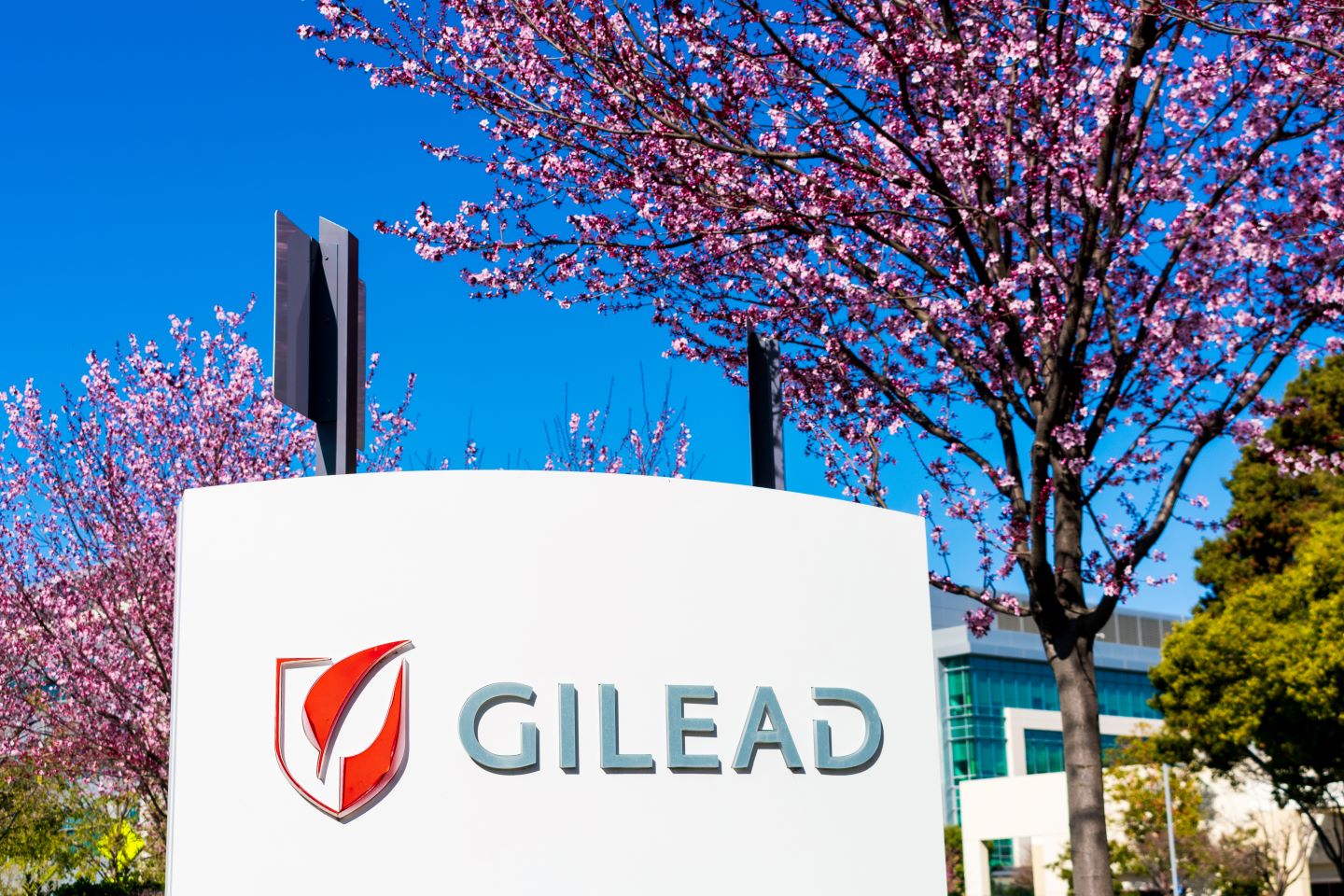On 22 January, Gilead reported that the Phase III EVOKE-01 study did not meet the primary endpoint of overall survival (OS). The study evaluated Gilead’s Trodelvy (sacituzumab govitecan) versus standard-of-care docetaxel chemotherapy in the second-line setting for patients with metastatic non-small cell lung cancer (NSCLC) previously treated with platinum-based chemotherapy and immunotherapy. However, issues with the overall clinical study design likely contributed to the failure of the study.
Trodelvy is a trophoblast cell surface antigen 2 (TROP-2)-directed antibody‐drug conjugate (ADC) composed of SN-38, an active metabolite of the topoisomerase I inhibitor irinotecan, coupled to the humanised anti-TROP-2 monoclonal antibody sacituzumab through the cleavable CL2A linker. Trodelvy binds to and is internalised by TROP-2-expressing tumour cells, followed by the release of the SN-38 payload via hydrolysis of the linker. SN-38 then induces cell death by preventing topoisomerase I repair of single-strand DNA breaks. TROP-2 is overexpressed in many epithelial cancers, including NSCLC, breast, and ovarian cancer.
Regarding the overall study design, some patient groups could still find benefit from Trodelvy. The press release stated that although statistically significant OS was not met, a numerical improvement of three months in survival favouring Trodelvy was observed in a group of patients who were non-responsive to previous anti-programmed cell death ligand 1 (PD-L1) therapy. However, while this analysis was predetermined in the protocol, the lack of alpha control introduces a Type I error probability for formal statistical testing.
The clinical trial would also benefit from improved patient segmentation through drug-directed biomarker testing. As part of the inclusion criteria for the EVOKE-01 study, testing for epidermal growth factor receptor (EGFR), anaplastic lymphoma kinase (ALK), and programmed death protein 1 (PD-1)/PD-L1 results were required, whereas TROP-2 was not. Although TROP-2 is overexpressed in NSCLC, testing before enrollment could determine clinical success or failure. Immunogen’s Elahere is the most recently approved folate receptor alpha (FRα)-directed ADC for patients with FRα-positive, platinum-resistant ovarian cancer and is administered based on the FRα expression level determined by an immunohistochemistry (IHC) companion diagnostic. A similar approach of patient stratification based on biomarker expression level should be utilised not only by Trodelvy but also by other ADCs in development.
Trodelvy’s total 2029 sales are predicted at $3.1bn, according to GlobalData’s analyst consensus forecast, but will be affected by the failure of the EVOKE-01 study. Gilead is unlikely to obtain label expansion for Trodelvy’s use as a later line of treatment in NSCLC based on the results of the study. However, there is still an opportunity for Trodelvy’s current development program to obtain market share as a first-line treatment for NSCLC with the ongoing Phase III EVOKE-03 study in patients with metastatic PD-L1 high NSCLC, based on strong preliminary efficacy and safety data from the Phase II EVOKE-02 study of Trodelvy in combination with Merck & Co.’s Keytruda (pembrolizumab).

US Tariffs are shifting - will you react or anticipate?
Don’t let policy changes catch you off guard. Stay proactive with real-time data and expert analysis.
By GlobalData





